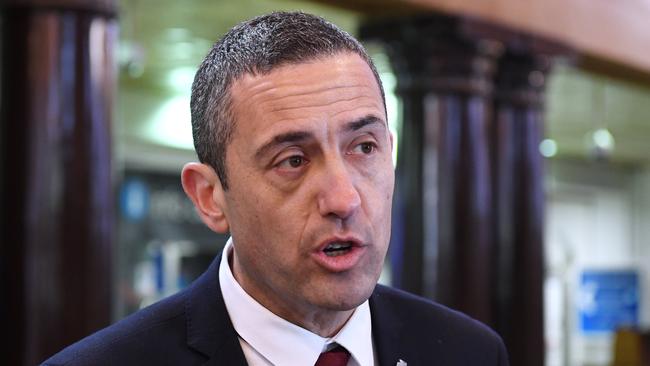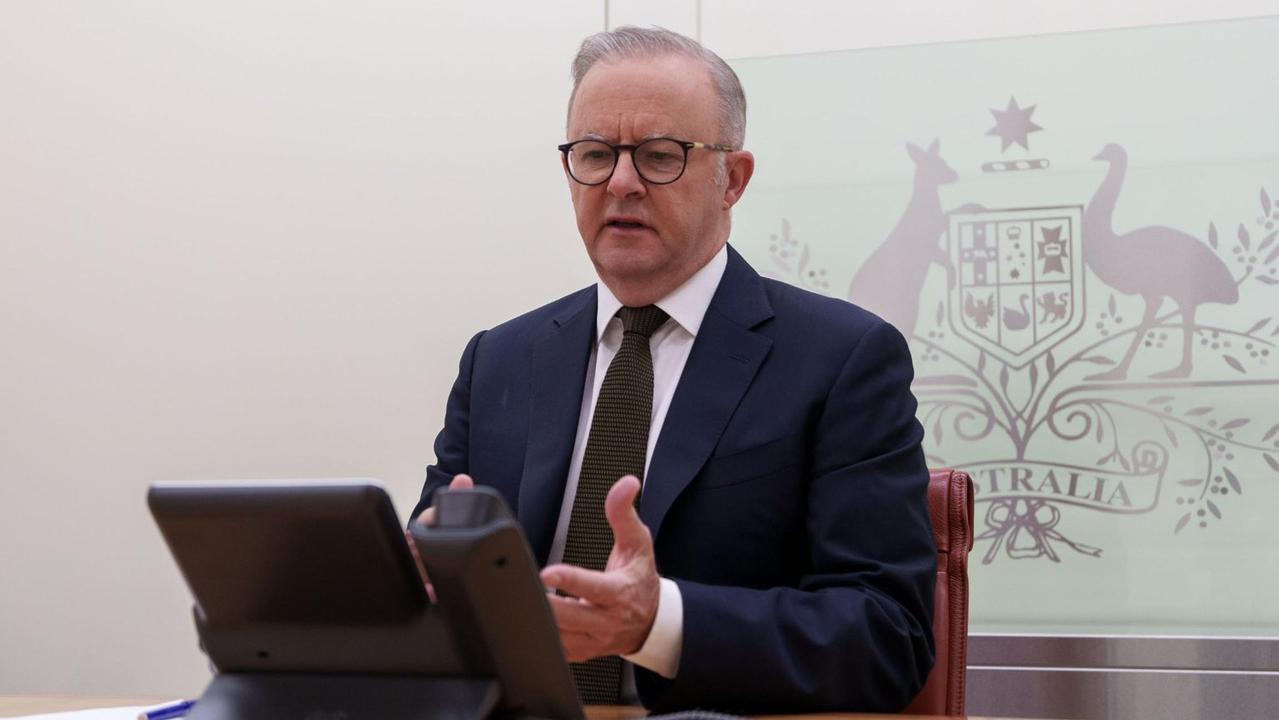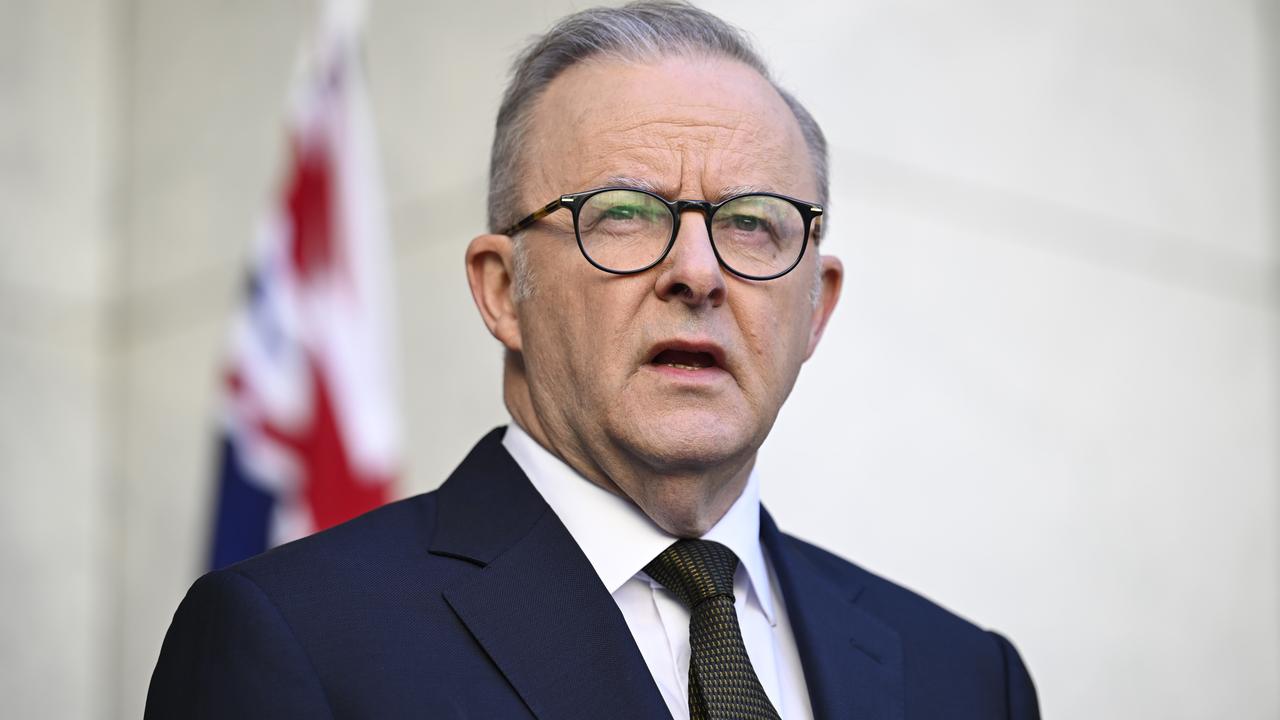SA Labor against ban on fracking
The SA opposition has called on the government to axe its 10-year moratorium on unconventional gas exploration in the state’s southeast.

Labor’s divided position on fracking has been underscored with the South Australian opposition calling on the Marshall Liberal government to axe its 10-year moratorium on unconventional gas exploration in the state’s southeast.
With federal Labor split over the issue and resources spokesman Joel Fitzgibbon targeting the Andrews Labor government in Victoria over its opposition to fracking, SA Labor yesterday issued a call for the lifting of regional bans on fracking.
Labor’s call has been backed by mining and gas exploration groups, saying the moratorium should be overturned as a matter of urgency to boost national gas supplies, reduce gas prices and deliver carbon neutral energy sources.
The SA Liberal government last year announced a decade-long ban on fracture stimulation covering 21,000sq km of prime farmland and wine country in the Limestone Coast, Coonawarra and Mount Gambier regions.
The SA government still allows fracking in the rest of the state, where it has been used safely for decades, principally in the Cooper Basin, which is home to some 900 gas wells.
Critics of its two-speed policy say the simple explanation is politics — the southeastern seat of Mount Gambier is held by the independent former Liberal Troy Bell, a vehement critic of fracking and popular local MP, whose vote is central to the survival of the Marshall government.
In a sign of the divergence nationally within Labor over fracking, the biggest critic of the Marshall government’s moratorium is the state opposition, which says the ban should be scrapped forthwith.
“The government has chosen populism over science,” opposition mining and energy spokesman Tom Koutsantonis told The Australian yesterday.
Labor’s position is supported by the key mining and gas and petroleum organisations that are pleading with the Marshall government to revisit the issue.
“Fracture stimulation has been safely used in South Australia for 50 years,” SA Chamber of Mines and Energy chief executive Rebecca Knol told The Australian. “The imposition of moratoria was based on political expediency rather than a scientific, evidence-based approach to regulating unconventional resources in SA.
“In the context of this state government’s bold economic growth agenda and South Australia’s leading position as a net exporter of energy, it would be prudent to review this policy as an aid to investment.”
Ms Knol also said gas was “a key fuel in the transition to a low-carbon economy”, a point also made by the SA branch of the Australian Petroleum Production and Exploration Association. “The politically motivated ban is based on politics, not science, and we believe is unnecessary,” APPEA SA director Matthew Doman said.
“Political posturing that pretends this safe and sustainable practice threatens the environment or can disadvantage existing land users undermines confidence in the industry wherever it operates.”
Mr Bell rejected the calls and noted that he had succeeded in incorporating the moratorium into state law, meaning any bid to overturn it would require new legislation that would need to win the approval of both houses of parliament.



